The Music Makers
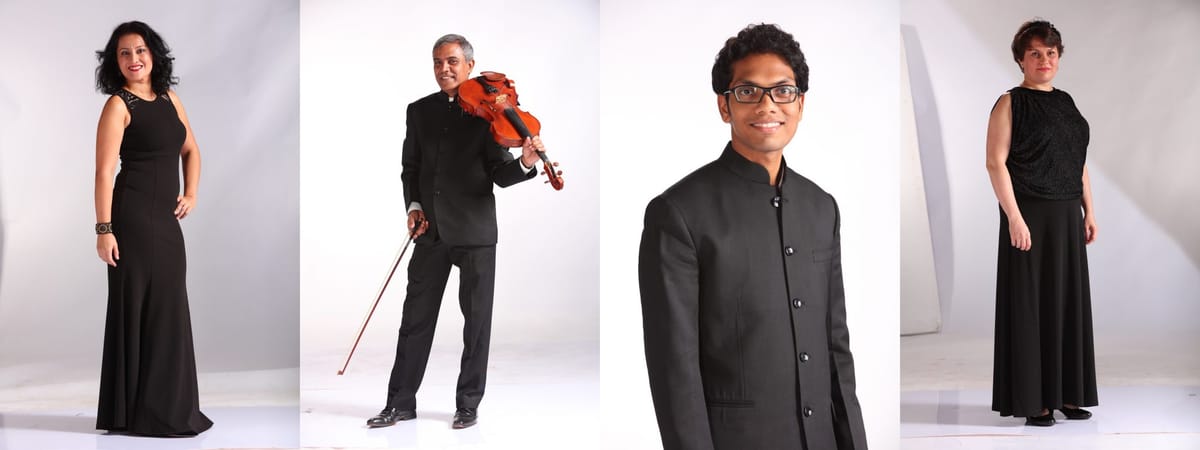
We take a closer look at some of the people who have been an integral part of the Symphony Orchestra of India.
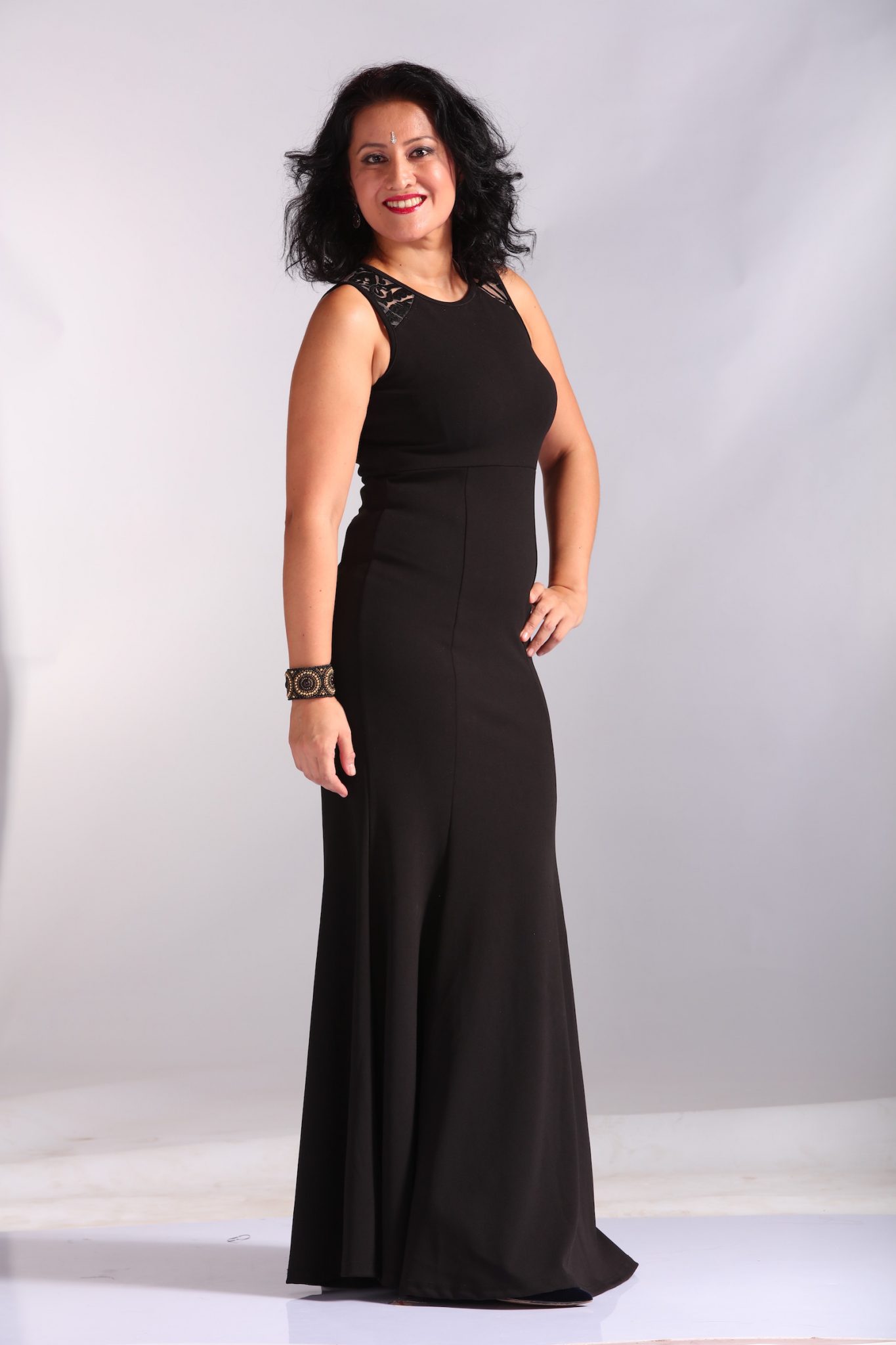
GULZARA SHAKIR, VIOLIN
ON Stage: How did your collaboration with the SOI begin?
Gulzara Shakir: I was a violinist in Marat Bisengaliev’s West Kazakhstan Philharmonic Orchestra and when that orchestra came to Mumbai for the first time in 2004, I came with them. Later, inspired by our visit, the SOI began to take shape. In 2015, I was invited as resident teacher and musician. In addition to this, I am now the Administrator for the NCPA Special Music Training Programme and the Concertmaster of the SOI Chamber Orchestra.
OS: Describe a regular working day in the life of a resident SOI musician.
GS: My day starts as early as 10am and finishes at 8pm. Every morning, we rehearse programmes for different concerts, after which we teach the students of the NCPA Special Music Training Programme.
OS: Could you describe what you believe was your most memorable performance with the SOI till date?
GS: Every performance is special for me because I put my heart and soul into it. My best performance is yet to come.
OS: What has been your best/most fulfilling teaching experience with the SOI?
GS: The most fulfilling teaching experience is to see my students improving by leaps and bounds and to see the happiness on their faces when they tell me that they give priority to music studies.
OS: Why, according to you, is music important?
GS: I am convinced that music enriches a person’s life like nothing else can. It is a universal language which can unite people in a very special way beyond the boundaries of religion, caste or creed.
OS: How did you decide to become a musician?
GS: I come from a musical family. In my country, it is traditional to continue the profession of our elders. My mother is a pianist, and both my sisters are musicians. My daughter is growing up to be a fine musician as well.
OS: Did you explore/study other genres of music?
GS: At the moment I am totally immersed in Western classical music but I cherish the hope of learning the sitar some day.
OS: What is your all-time favourite work of music and why?
GS: It is impossible to single out any one work among so many masterpieces but the impressionist composers, like Debussy and Ravel, have a special place in my heart. In the world of opera, I love the operas of Giacomo Puccini.
MARK NUNES, VIOLA
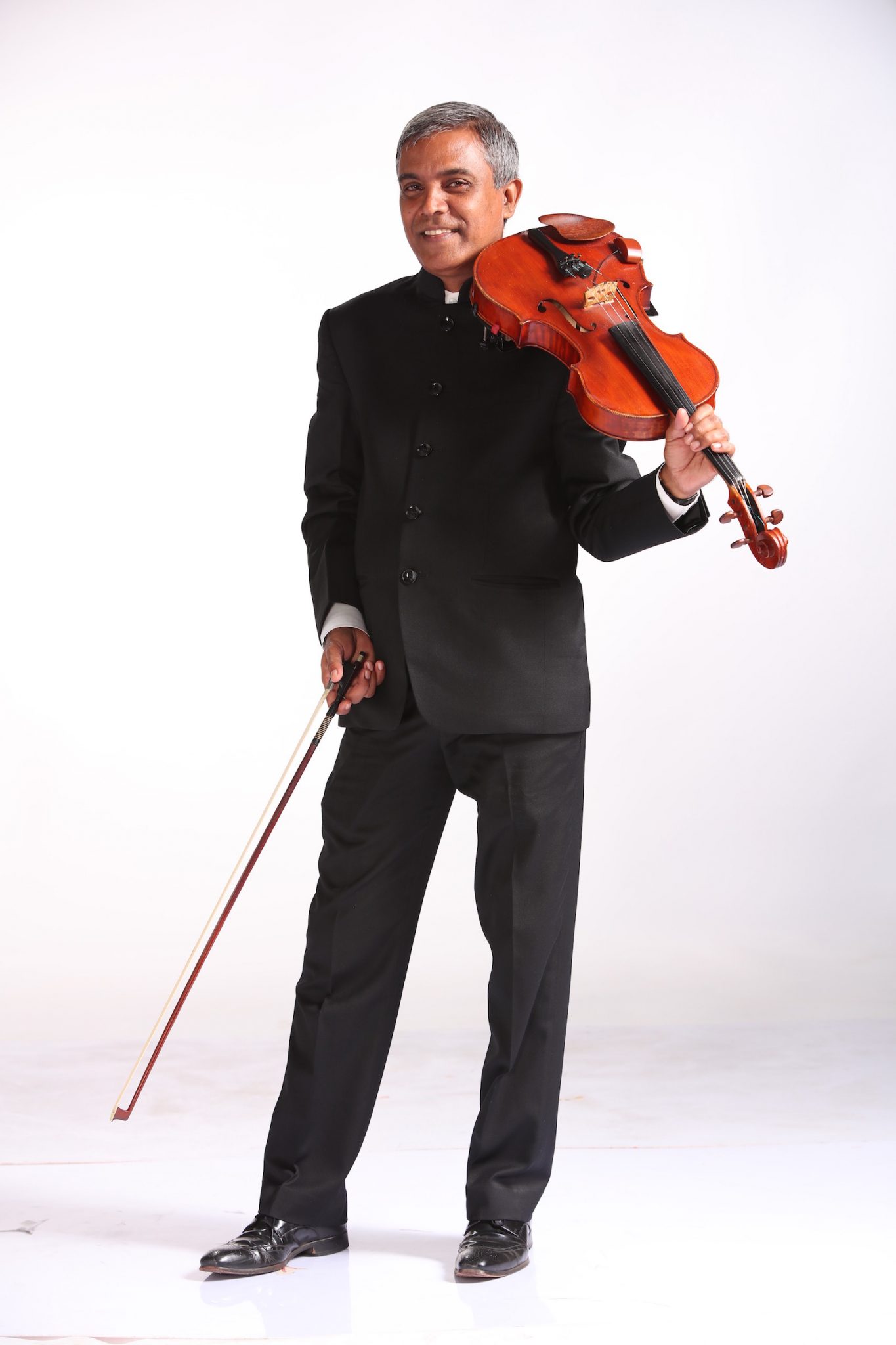
ON Stage: How did your collaboration with the SOI begin?
Mark Nunes: The SOI started in 2006. When I came to know about the orchestra, I auditioned for it and that’s how I got into this orchestra.
OS: Describe a regular working day in the life of a resident SOI musician.
MN: We do a lot of programmes, about two a month, so that involves lots of rehearsals. And of course, we then have our main seasons. We also have to spend time on our personal practice.
OS: Could you describe what you believe was your best performance with the SOI?
MN: My best performance was in Switzerland when we performed with Zakir Hussain. The tour was in three cities in Switzerland, and that was, I think, one of my best performances. We had a tabla concerto, Peshkar, and then we had hardcore Western classical music. I felt really good playing that concert because it was two different styles. The public in Switzerland may have questioned the calibre of an Indian orchestra playing Western classical music. But after our performances, they liked what they heard. It really was a treat to play over there.
OS: Why, according to you, is music important?
MN: Music is very important to me. I completed my B.Comm from Mumbai University and took up my first job at a pharmaceutical company. I was not getting any satisfaction sitting at a desk and paper-pushing. I used to conduct stock audits, internal audits, etc. And then after changing several jobs, I thought, music is my only option. I really worked hard on my music; I studied for almost nine years. Finally, before the SOI, I joined Bollywood in 1990 where I played both the violin and viola. That is how my career in music started. Then in 2006, the SOI happened, and since then I have been playing the viola in the orchestra.
OS: How was your experience in Bollywood?
MN: My Bollywood experience was totally different from my Western classical experience. I played with A. R. Rahman, Ilaiyaraaja, and all the greats of Bollywood. Whichever instrument you’re playing, you’re using the same seven notes in the scale. But Bollywood music has a different feel altogether. The experience, though, was worth it. You get to learn a lot of styles. You learn to give the proper texture of sound, in the proper style in which you need to play a particular piece.
OS: How did you decide to become a musician?
MN: When I was in school, I heard a street vendor playing the ektara. I really liked the sound and the way that guy was playing. I asked my mum to buy it for me and then I came home, but couldn’t play it at all. I didn’t know then that he was playing with his nails. My mother then bought me a real violin and that’s how I started studying the violin.
OS: Did you explore/study other genres of music?
MN: Yes. I used to play swing and jazz. My teachers were guitar players. I learnt a lot from Lenny Heredia, who is an excellent keyboard player. I had a flair for jazz. But back then, you couldn’t make a living from jazz. So I had to either do my Western classical or cross over into Bollywood. Sometimes when I have time, I watch my collection of videos of all the jazz greats.
OS: What is your all-time favourite work of music and why?
MN: I love mainstream jazz. Chick Corea’s Sundance is a piece of work I can listen to at any time. I love the way he has written the music for the string. The great jazz musicians usually had a classical background, which is why they could do what they did with jazz.
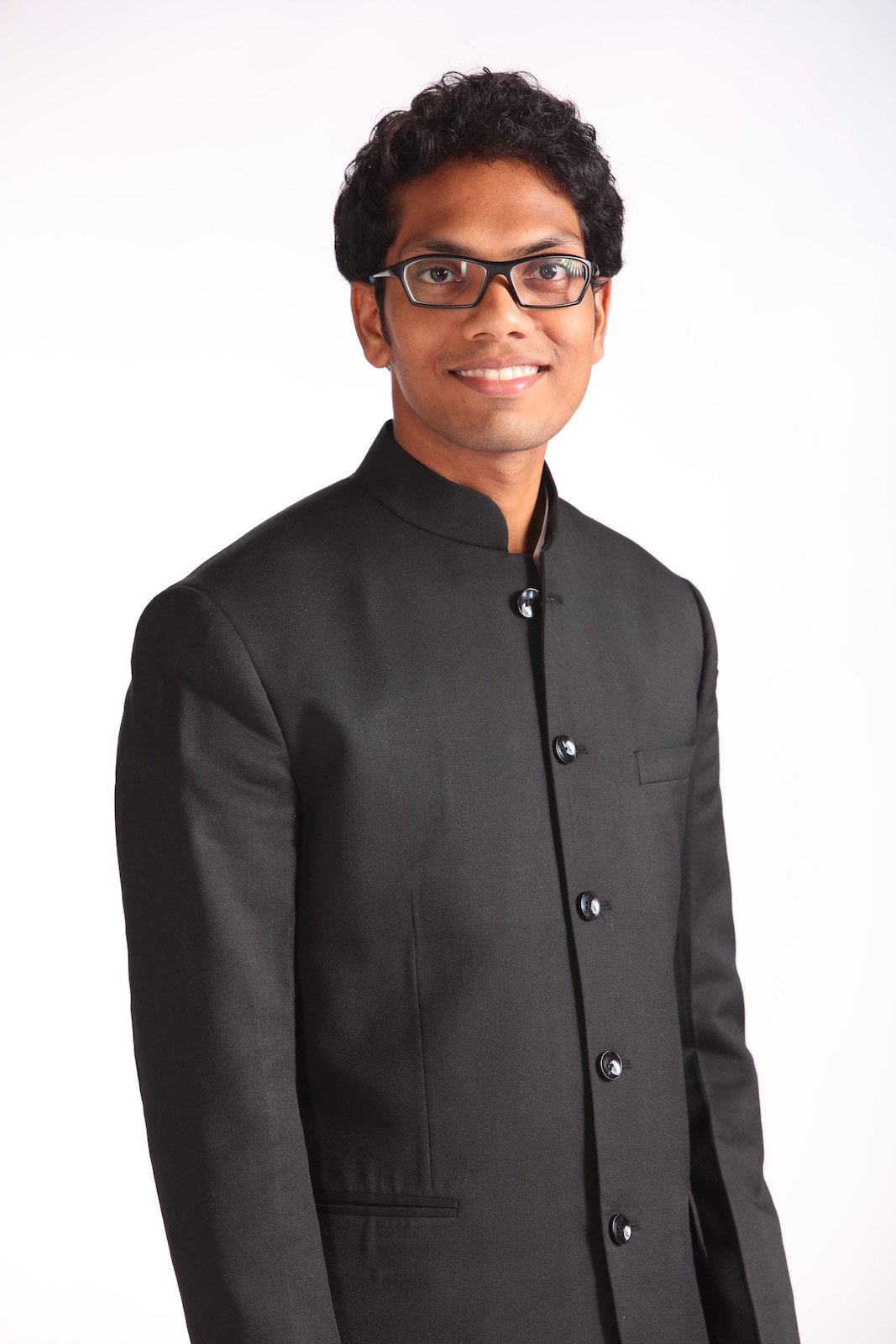
DEON D’SOUZA, VIOLIN
ON Stage: How did your collaboration with the SOI begin?
Deon D’Souza: In 2010, I happened to watch a promotional video of the SOI on YouTube and was extremely thrilled to realise that such a professional orchestra actually existed in Mumbai. From a hobby level player I took to practicing the violin seriously to audition for the position of a trainee SOI musician in 2012. Since then I have been under the constant guidance of our very competent resident SOI teachers who have helped me achieve the skills I need in order to perform along with professional musicians.
OS: Describe a regular working day in the life of a resident SOI musician.
DD: We are expected to work for a fixed number of hours, but I, and many others, usually arrive earlier and warm up with our instruments before we begin our sectionals or tutti rehearsals under the assistance of our section leaders or resident conductor. Yes, we do take some breaks. Our schedule differs during concert days. Generally we do not follow a very monotonous schedule. After all, it is not an office!
OS: Could you describe what you believe was your best performance with the SOI?
DD: The most thrilling performance was my first performance with the SOI in September 2013 under Swiss conductor Charles Dutoit. The stage felt like a rollercoaster ride. I had almost memorised all my parts. I was nervous to the core but was in control of my actions. What is even better is that, after the performance, our ever-encouraging Chairman Mr. Suntook came backstage and told the musicians that this was the best performance of the SOI so far. I was merely a drop in the ocean of the music we made that day, but it meant a lot to me.
OS: Similarly, what has been your best/most fulfilling teaching experience with the SOI?
DD: I, along with my fellow SOI musicians, conduct Western classical music workshops in Mumbai. It is very important to educate young minds about Western music by playing famous excerpts from popular composers. It is even more important to play them live instead of on an mp3 player, and that is what we do. We have been doing this for three months now and I must say, the children are gradually acquiring some knowledge and developing a sense of appreciation towards Western classical music.
OS: Why, according to you, is music important?
DD: Music is not only important, it is necessary. It has many essential values to offer. Music involves mathematics, architecture, aesthetics and discipline. Engaging in orchestral music enables one to adopt skills like teamwork and promotes social values. Moreover, one can have lots of fun with music-related hobbies. As someone has said, it is better to learn a musical instrument than to spend time over brain-training apps.
OS: How did you decide to become a musician?
DD: I was pursuing a Master’s degree in education (M.Ed), but happily let go after I received an opportunity to join the SOI. I actually never expected to pursue music more than a hobby, but the opportunity to learn and play amidst very good players and earn a decent living in Mumbai seemed too attractive.
OS: Did you explore/study other genres of music?
DD: My initial interest in music was actually kindled by the ghazals of Pankaj Udhas. I would sing a couple of them by heart. I have never seriously studied any other genre in particular, but have attempted to play some blues on the piano and explore some jazz harmony. I love listening to Hindustani classical music.
OS: What is your all-time favourite work of music and why?
DD: I do not have any preference in particular, since I like excerpts from every music genre I come across. Each kind of music has its own unique flavour to offer. It all depends on what you want to treat yourself with.
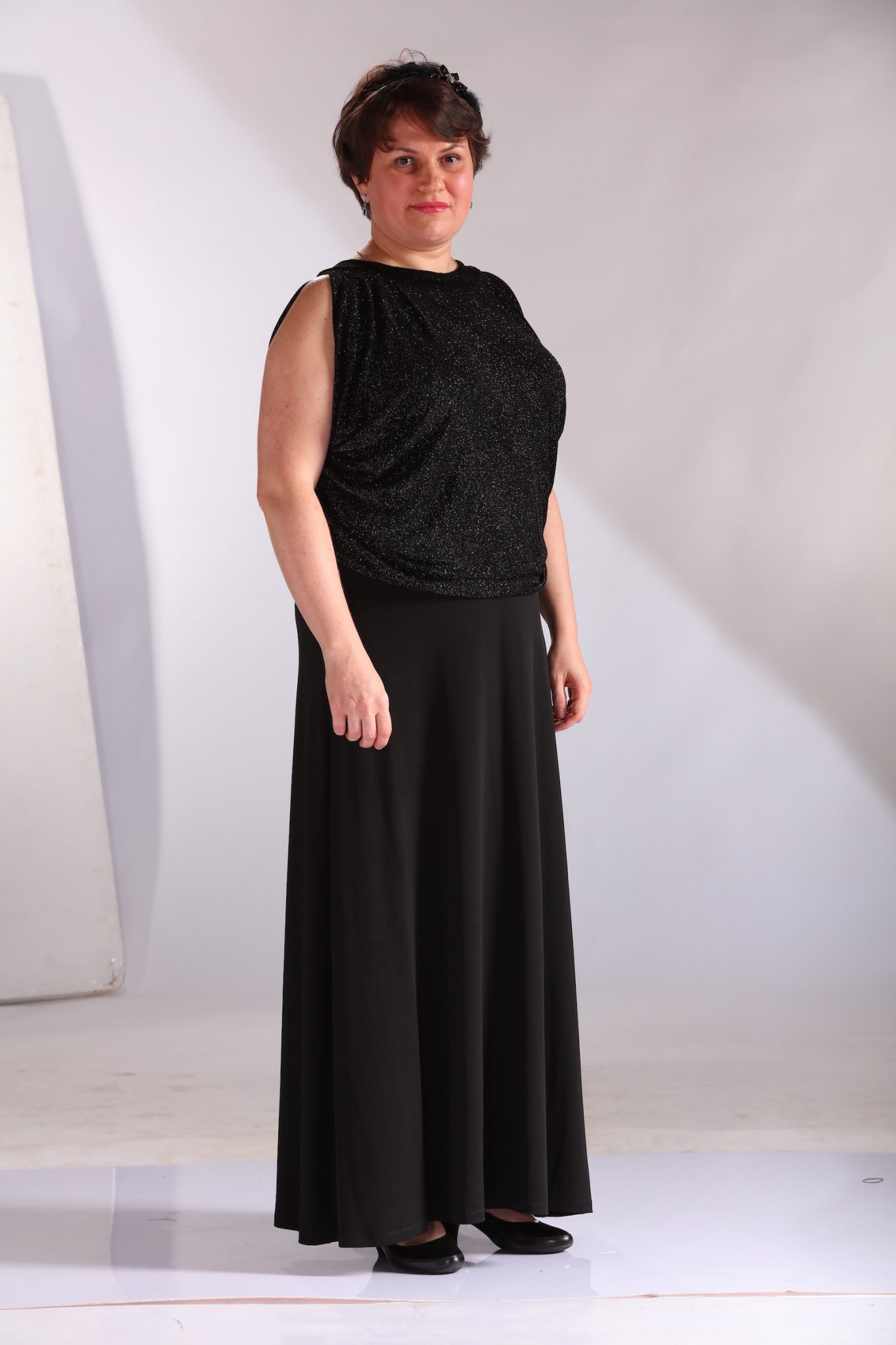
OLGA LYAPINA, VIOLIN
ON Stage: How did your collaboration with the SOI begin?
Olga Lyapina: I was associated with the West Kazakhstan Philharmonic Orchestra with Marat Bisengaliev, when in 2006, he decided, with Mr. Suntook, to start an orchestra in India. After three years of playing with the SOI, in 2009, he asked me to stay in Mumbai as a resident teacher and full-time musician of the SOI.
OS: Describe a regular working day in the life of a resident SOI musician.
OL: A resident musician starts rehearsal at 10am and rehearses until 4pm. This is followed
by teaching young children until 6pm or 7pm on all weekdays. We don’t have much free time during the week. Weekends are free except during the concert season, when we come in on Saturdays and Sundays depending on the schedule.
OS: Could you describe what you believe was your best performance with the SOI?
OL: During the third season of the SOI, I was playing a duet with Marat in Bengaluru. Just 30 minutes before the concert, I was presented with an old Italian instrument to perform on. That was a really memorable concert for me. For more than a decade now, we have had great performances with many renowned international conductors.
OS: Similarly, what has been your best/ most fulfilling teaching experience with the SOI?
OL: I am proud that my first student, who is not training with the NCPA anymore, is still very connected with me and it is very fulfilling after all the years of training. The small concerts of my students that I organise at the Little Theatre are also very fulfilling and a good way for me to review not only their progress, but mine as well.
OS: Why, according to you, is music important?
OL: Music basically makes people happy – this is really the most important thing.
OS: How did you decide to become a musician?
OL: My mother and her sister were both musicians. I did not have the chance to do anything else! I have my mother to thank for introducing me to the world of music.
OS: Did you explore/study other genres of music?
OL: I have only studied and subsequently only performed music in the Western classical genre.
OS: What is your all-time favourite work of music and why?
OL: I don’t think I can define any one piece of music as a favourite – I believe that the choice of music depends on the state of mind, the mood. There is music for every mood and emotion. I enjoy a lot of different music.
All Images © NCPA Mumbai
This piece was originally published by the National Centre for the Performing Arts, Mumbai, in the February 2019 issue of ON Stage – their monthly arts magazine.





